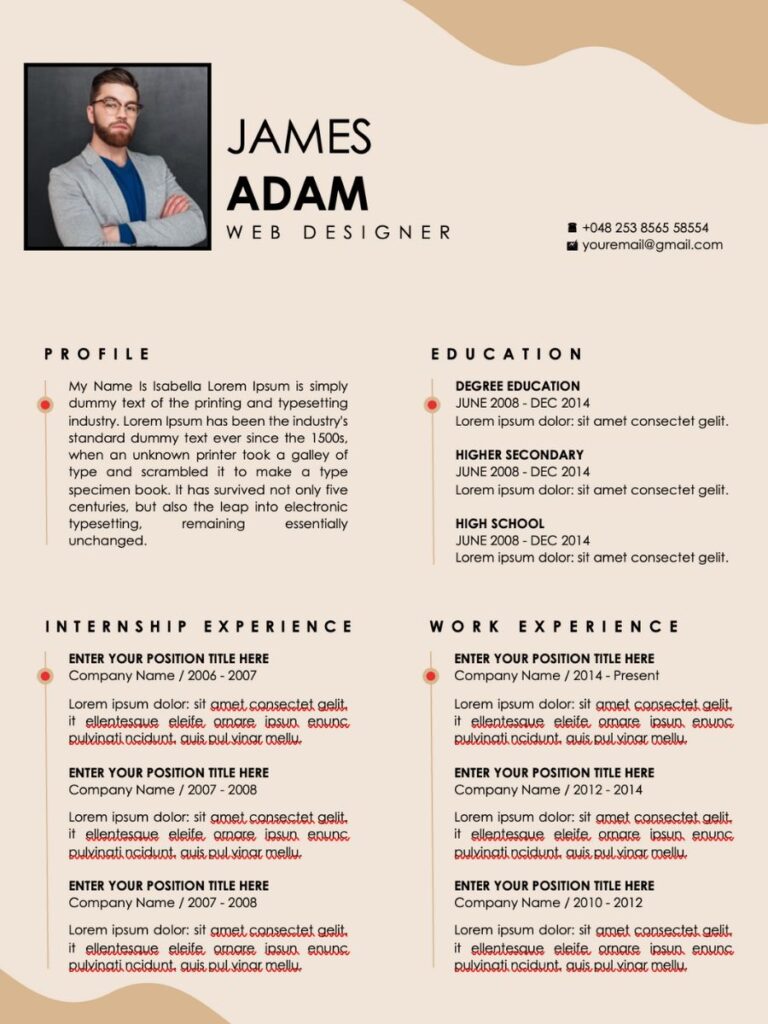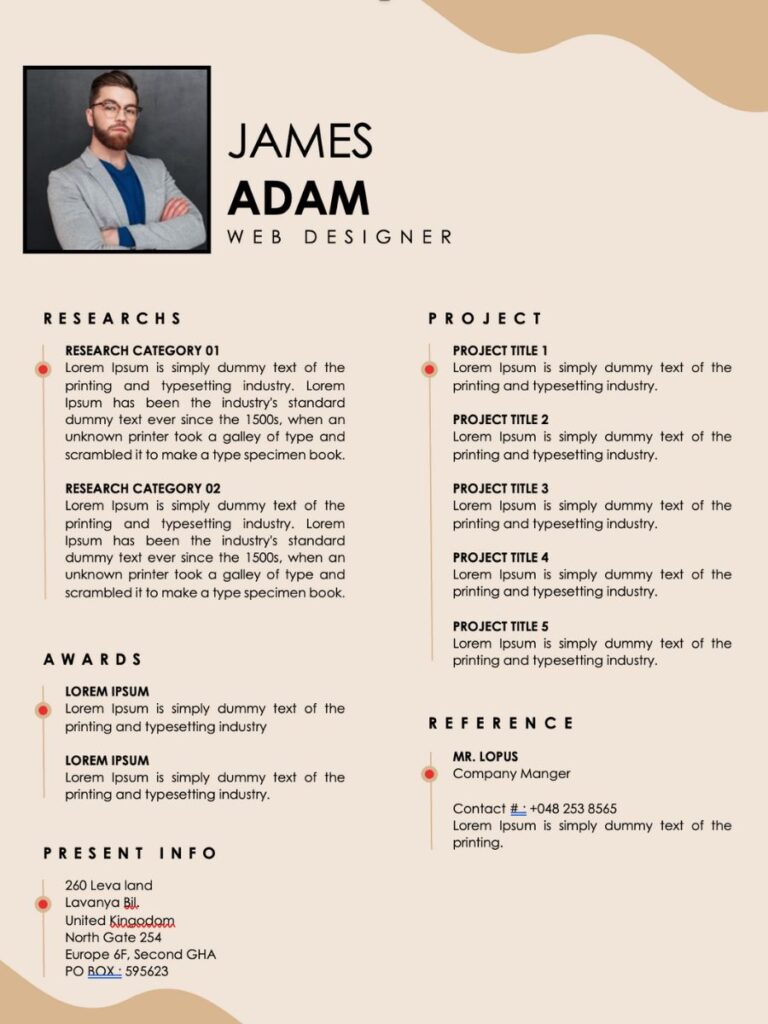When it comes to applying for jobs, many people get confused between a CV (Curriculum Vitae) and a Resume. While both documents serve the purpose of showcasing your skills, experience, and qualifications, they are not the same. Understanding the difference between CV and Resume can help you present your profile effectively and increase your chances of getting hired.
In this guide by 24 Billions, we will explain the meaning, format, length, and usage of both CV and Resume, so you know exactly when and how to use them.
What is a CV (Curriculum Vitae)?
A CV is a detailed document that outlines your entire academic and professional journey. It is usually more than 2 pages long and includes every detail about your:
- Educational background
- Research work
- Publications
- Certifications
- Professional achievements
- Awards and honors
A CV is commonly used in academia, research, medical, and scientific fields where in-depth details about a candidate’s profile are required.


What is a Resume?
A Resume is a concise and targeted document that highlights your skills, work experience, and qualifications relevant to the job you are applying for. Typically, a resume is one page long (maximum two pages) and is tailored according to the specific job description.
Resumes are widely used in the corporate world, private sector jobs, and professional opportunities where recruiters want quick, job-specific details.

Key Differences Between CV and Resume
| Factor | CV (Curriculum Vitae) | Resume |
| Length | Usually 2–10 pages or more | 1–2 pages maximum |
| Content | Detailed overview of entire career | Focused on skills and job-relevant info |
| Purpose | Academic, research, medical, or teaching | Corporate jobs and professional roles |
| Customization | Remains mostly the same | Customized for each job application |
| Usage | More common in Europe & academic fields | Common in India, USA, and corporate jobs |
When Should You Use a CV?
You should use a CV when applying for:
- Research fellowships
- Academic positions (professor, lecturer, etc.)
- Scientific or medical roles
- International universities where CVs are standard
When Should You Use a Resume?
A Resume template is best suited for:
- Private sector jobs
- IT, business, finance, and management roles
- Startups and MNCs
- Any job where recruiters need a quick overview
Final Words
Both CV and Resume are essential tools for your career, but they serve different purposes. A CV is comprehensive and detailed, while a Resume is short, crisp, and tailored. If you are applying for jobs in India or corporate sectors, a Resume is usually preferred. On the other hand, if you are stepping into research or academia, a CV will make a stronger impact.
At 24 Billions, we believe that presenting the right document at the right time is the key to standing out in the competitive job market.
